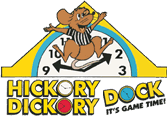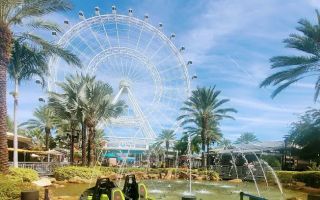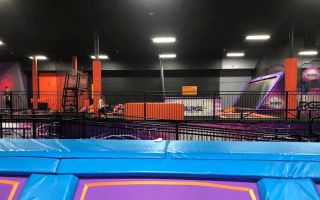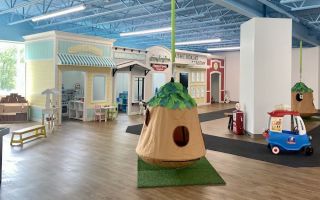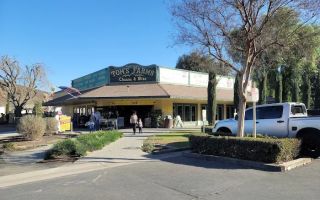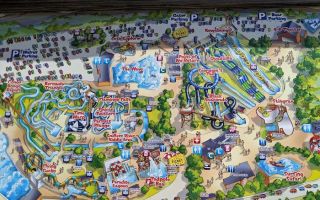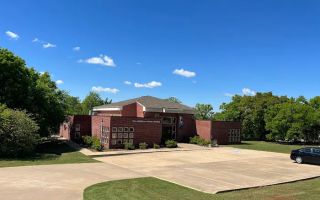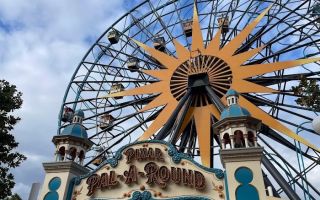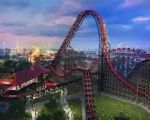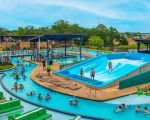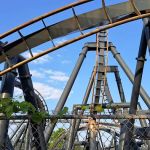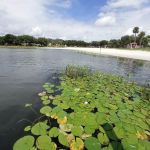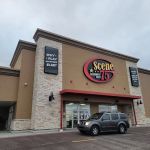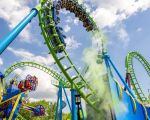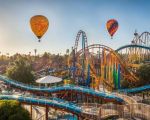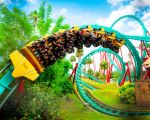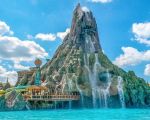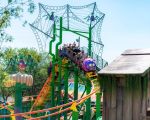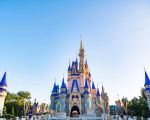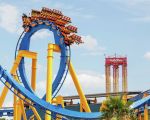How Much Does It Cost to Build an Amusement Park? Understanding the Expenses and Challenges
- Introduction to Amusement Park Costs
- Land and Property Costs
- Cost of Amusement Park Attractions
- Staff and Maintenance Expenses
- Design and Planning Costs
- Marketing and Launch Expenses
- Long-Term Maintenance and Operational Costs
- Final Thoughts and Considerations
Building an amusement park is a dream for many investors and entrepreneurs looking to provide a thrilling experience for visitors. However, the question on everyone's mind is: how much does it cost to build an amusement park? While the answer can vary greatly depending on factors such as location, size, and type of park, there are common costs associated with building an amusement park that all aspiring owners should be aware of. From land acquisition to the design of attractions and ongoing maintenance, creating an amusement park involves substantial financial investment. In this article, we will break down the key costs involved in building an amusement park and what you should expect during each stage of the process.
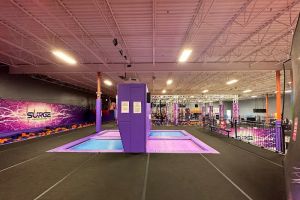
Surge Adventure Park
24 E 33rd St, Edmond, OK 73013, USA
1. Land and Property Costs
One of the first and most significant costs involved in building an amusement park is purchasing the land. The cost of land can vary widely based on location, local real estate market trends, and the size of the park you envision. In densely populated areas or places with high demand for commercial properties, land prices can be significantly higher. For example, building an amusement park in California or Florida will generally cost more than constructing one in rural areas. According to industry reports, the price of land can range from $1 million to over $10 million for large parks in prime locations.
Additionally, zoning and environmental regulations must be considered. You will likely need permits for construction and environmental impact assessments, which add to the overall cost. It's also essential to take into account the infrastructure needed to support the park, such as roads, water supply, and sewage systems, all of which can add additional costs to land development.
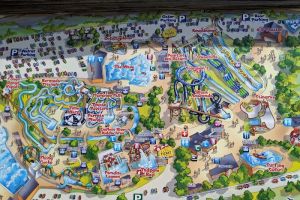
Noah's Ark Waterpark
1410 Wisconsin Dells Pkwy, Wisconsin Dells, WI 53965, USA
2. Cost of Amusement Park Attractions
The next big cost to consider when building an amusement park is the construction and installation of attractions. This includes roller coasters, ferris wheels, water rides, games, and other entertainment features that make the park appealing to visitors. The cost of building each attraction can vary dramatically, depending on its complexity and technology. For example, a simple carousel might cost around $500,000, while a state-of-the-art roller coaster could easily exceed $20 million.
Additionally, the choice of theme plays a significant role in attraction costs. For example, themed parks like those based on popular movies or franchises often require custom-built rides and immersive environments, which drive up costs. Not only do you need to purchase and install the rides, but you'll also need to ensure they meet safety standards, which can lead to additional expenses for inspections, certifications, and maintenance.
3. Staff and Maintenance Expenses
Once the park is open, maintaining operations becomes an ongoing expense. Staffing is a major part of this cost. Depending on the size of the park, you may need to employ hundreds or even thousands of people. Staff roles can range from ride operators, security personnel, food vendors, and customer service agents to maintenance workers who ensure the park remains in optimal condition. For large parks, annual payroll expenses can easily reach several million dollars.
In addition to staff costs, maintenance is another significant ongoing expense. Amusement parks need to ensure that rides are regularly checked for safety and that all areas of the park are kept clean and well-maintained. This can include anything from landscaping and building repairs to ensuring that electrical systems and water features are in working order. As such, maintenance costs can easily run into the hundreds of thousands of dollars annually.
4. Design and Planning Costs
Before breaking ground, extensive design and planning are essential to the success of the park. Architects, engineers, and theme designers are needed to create detailed plans for the park's layout and attractions. These professionals ensure that the park meets safety regulations and provides a seamless experience for guests. The cost of design and planning can be substantial, often reaching up to 10% of the total project budget. This includes architectural drawings, 3D modeling, safety evaluations, and even visitor experience simulations.
For larger parks or themed resorts, the design process can take years to complete. Additionally, the planning phase must include considerations for future expansion, ensuring that the park can accommodate growth over time. This level of foresight can significantly increase initial costs, but it ensures that the park remains competitive in the long term.
5. Marketing and Launch Expenses
Once the park is built, the marketing efforts to launch the park and attract visitors are another significant expense. Marketing a new amusement park involves advertising campaigns across multiple platforms, including television, digital media, billboards, and radio. Building a strong online presence through social media and a dedicated website is also critical in attracting visitors.
The launch of an amusement park is a major event, often requiring an extravagant opening ceremony or special promotions to drive traffic. These efforts can cost millions, particularly when aiming to create buzz for the grand opening. Beyond the initial launch, you must also allocate funds for ongoing marketing campaigns to keep attracting visitors year after year. Digital marketing and customer loyalty programs are increasingly important, with some larger parks spending up to $50 million annually on marketing efforts.
6. Long-Term Maintenance and Operational Costs
After the park opens its doors, ongoing operational and maintenance costs are a critical part of sustaining the business. These costs can include utilities, insurance, employee benefits, and day-to-day operational expenses such as food and merchandise. Additionally, the cost of keeping attractions up to date with the latest technology or safety features can be substantial.
Annual maintenance costs for an amusement park can easily run into the millions. Parks need to ensure that rides are regularly inspected, and new attractions are introduced to keep visitors engaged. Many amusement parks also reinvest in seasonal decorations, special events, and themed experiences to keep the park fresh and exciting. Long-term planning and a solid financial strategy are crucial for maintaining the park’s success year after year.
Final Thoughts and Considerations
In conclusion, the cost of building an amusement park is a complex and multifaceted process. From land acquisition and attraction construction to ongoing staffing, marketing, and maintenance, the expenses can quickly add up to hundreds of millions of dollars. It's essential for potential investors to carefully consider each aspect of the project, from planning and budgeting to long-term sustainability. Whether you’re looking to build a small, regional park or a large, world-class destination, understanding the costs involved will help you make informed decisions.
If you're considering entering the amusement park industry or are curious about the logistics of such a large-scale project, it’s important to work with experts in the field. Additionally, always stay ahead of trends and prioritize the customer experience to ensure your park remains competitive. For more information on how to start your own amusement park, or to learn more about exciting amusement park experiences, visit Hickory Dickory Park today!
